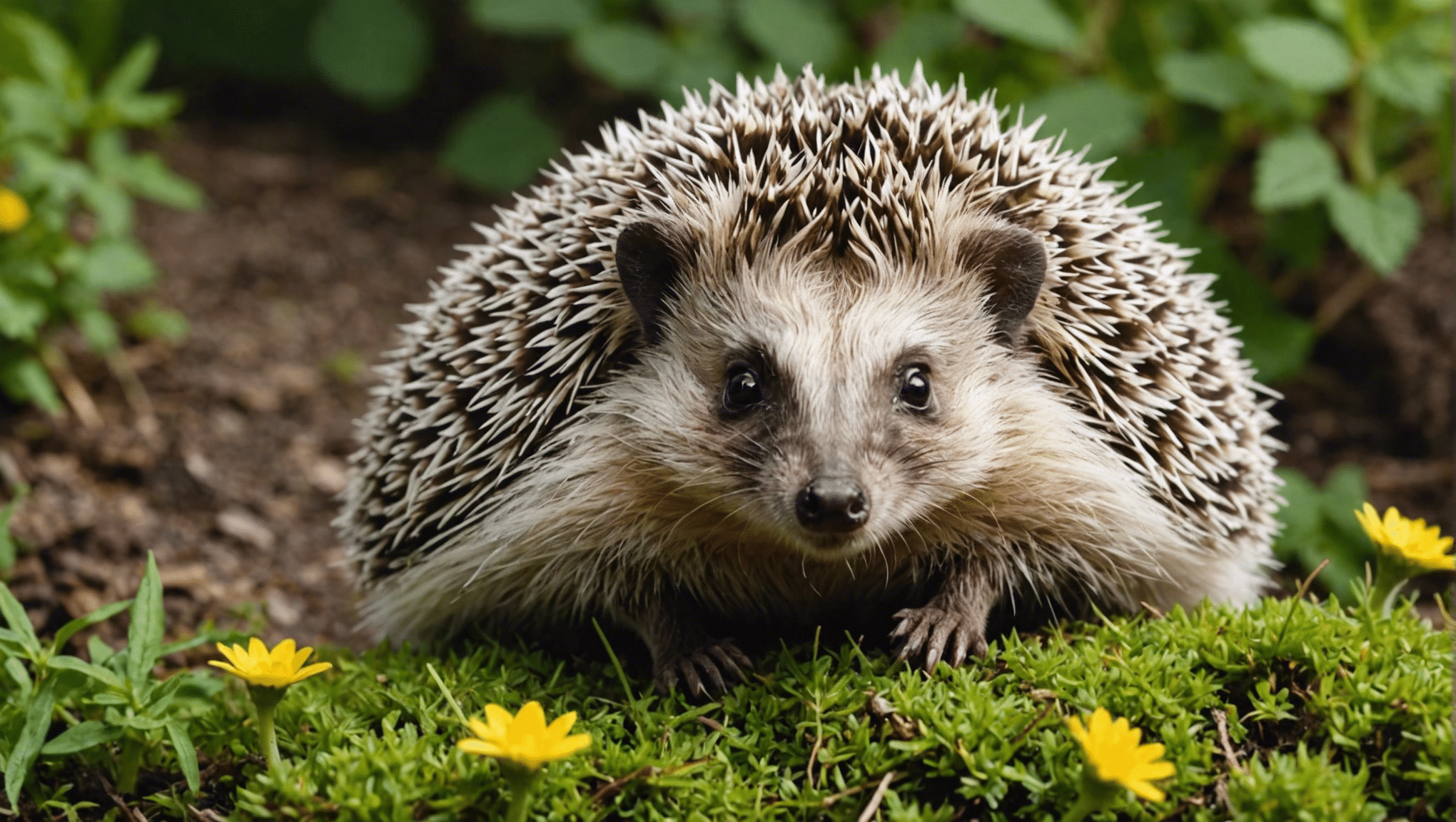moulddni0.com – Hedgehogs, with their distinctive spiny coats and endearing snouts, have captured the hearts of animal lovers worldwide. These small mammals, belonging to the subfamily Erinaceinae, are known for their unique defense mechanisms and nocturnal habits. This article delves into the fascinating world of hedgehogs, exploring their various species, natural behaviors, proper care, and their role as both pets and wild animals.
Hedgehog Species: A Diverse Family
There are around 17 different hedgehog species, but only a few are commonly kept as pets. The most popular include:
- African Pygmy Hedgehog (Atelerix albiventris): This is the most common pet hedgehog, known for its small size and relatively docile temperament.
- European Hedgehog (Erinaceus europaeus): This species is native to Europe and is not typically kept as a pet. They are larger than African pygmy hedgehogs and have different care requirements.
Natural Behaviors: Nocturnal, Insectivorous, and Hibernating
Hedgehogs are naturally active creatures with specific behaviors:
- Nocturnal: Hedgehogs are most active at night, spending their days sleeping in nests or burrows.
- Insectivorous: Hedgehogs are primarily insectivores, feeding on insects, worms, and other invertebrates. They may also consume small amounts of fruits, vegetables, and other plant matter.
- Hibernating: Some hedgehog species, such as the European hedgehog, hibernate during the winter months to conserve energy when food is scarce.
Proper Care: Housing, Diet, and Enrichment
Caring for a hedgehog is relatively straightforward but requires attention to their specific needs:
- Housing: Hedgehogs need a spacious cage with a solid bottom, good ventilation, and secure latches. Avoid wire-bottom cages as they can injure their feet.
- Diet: Hedgehogs require a balanced diet of commercial hedgehog food, supplemented with small amounts of fresh insects, vegetables, and fruits.
- Enrichment: Providing toys, tunnels, and hiding places will keep your hedgehog entertained and prevent boredom. They also enjoy exploring and foraging for food.
Hedgehogs as Pets: Companionship and Responsibility
Hedgehogs can make wonderful pets for people of all ages. They are relatively low-maintenance compared to other pets but still require daily care and attention. It’s important to remember that hedgehogs are nocturnal, meaning they are most active at night.
Hedgehogs in the Wild: Conservation and Threats
Hedgehogs play an important role in the ecosystem, helping to control insect populations and serving as a food source for other animals. However, hedgehog populations are declining in some areas due to habitat loss, pesticide use, and other threats.
Conclusion
Hedgehogs, with their unique appearance and fascinating behaviors, continue to be popular pets and important members of the ecosystem. Whether you’re a hedgehog owner or simply curious about these creatures, understanding their needs and natural history can deepen your appreciation for these small but captivating animals.
